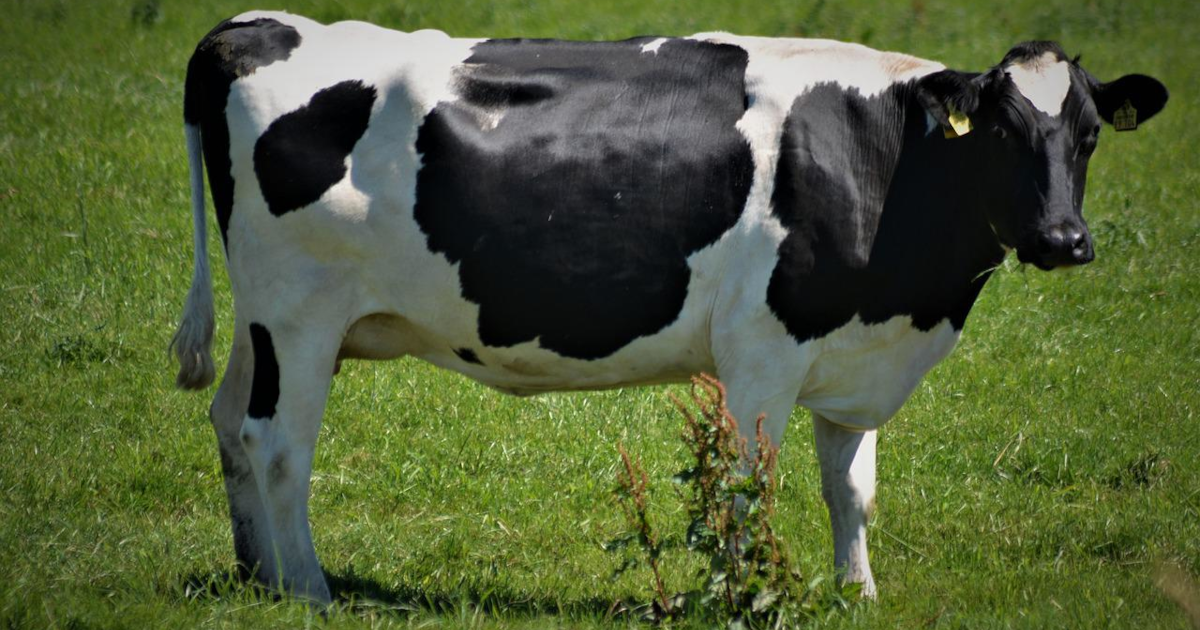
Feeding Cows Seaweed Reduces Their Methane Emissions, but California Farms Are a Long Way From Scaling up the Practice
An organic dairy producer in California made headlines last fall after receiving approval from regulatory agencies to conduct a trial of a new seaweed-derived feed additive called Brominata. Brominata is made of a red seaweed belongs to a class of feed additives that, when given to dairy cows, helps to reduce the amount of methane.
April 1, 2023 | Source: Inside Climate News | by Grace van Deelen
The Straus Family Creamery, an organic dairy producer in Marin County, California, made headlines last fall after receiving approval from regulatory agencies to conduct a trial of a new seaweed-derived feed additive called Brominata.
Brominata is made of a red seaweed, Asparagopsis taxiformis, and is one of a class of feed additives that, when given to dairy cows, helps to reduce the amount of methane—a powerful greenhouse gas—they release when they burp, called enteric methane. One cow belches out 220 pounds of methane each year, the greenhouse gas equivalent of burning over 900 gallons of gasoline.
The addition of the seaweed to the cows’ diets on the Straus dairy farm proved effective, showing an average of a 52 percent reduction in enteric methane emissions, with one cow’s emissions reduction as high as 92 percent.
For Albert Straus, the founder of Straus dairy farms, the first 100 percent certified organic creamery in the country, the trial was an opportunity to show the public that the dairy industry could be part of a climate solution.
